When James Kelman won the Man Booker prize for How Late it Was, How Late, one judge stormed out, calling it ‘crap’ and the award a disgrace. A columnist counted the number of ‘fucks’ — apparently 4,000. This was 1994 and savage Glaswegian vernacular replete with rhythmic obscenities was terra incognita to English readers. Kelman was paving the way for followers like Irvine Welsh with Trainspotting and Alan Warner’s Morvern Callar. Scottish writers are part of the mainstream now, but Kelman, recognised as the godfather of modern Scottish writing, critically admired on both sides of the Atlantic, remains oddly uncelebrated south of the border.
His ninth novel, Dirt Road, is a strange and beautiful thing for those prepared to follow its meandering path. Drawing on Kelman’s recollections of his teenage years in the States, it tenderly explores grief and loss and a lonely boy’s passion for accordion music. No drunken losers in Glasgow gutters here, as Kelman captures the suffocating isolation of two people, frozen into silence, incapable of expressing their feelings or even everyday thoughts to one another.
The deaths of his mother and, earlier, his sister, have devastated 16-year-old Murdo and Tom, his oppressively controlling father. More out of desperation than hope of change, dad sets up a visit to relatives in Alabama. As always, he worries — about missing planes, buses, appointments, about being robbed, having an accident, causing offence. Above all, he wants to safeguard what he has left: his son.
The journey is disastrous from the moment they land in Memphis: the wrong bus, a missed connection, a wretched night in a rat-hole motel. But a stopover in a wayside Mississippi town proves life-changing for Murdo: he meets Sarah, a girl from the local convenience store, and her grandmother, an old Creole singer and musician. Through them he discovers the zydeco folk music of black south Louisiana, and for the first time since his mother died he picks up an accordion. The moment his fingers connect with the keys he’s freed from a paralysis of mourning. By the time the bus leaves town, he has promised to join the pair on stage at a festival in Lafayette. He knows it won’t happen: his father’s veto will kill the dream.
In Alabama, uneventful, edgy days drag on, and Murdo’s despairing internal monologues segue seamlessly into mismatched, wincingly comic encounters with baffled locals. The unspoken conflict between father and son builds up as they endure doomed, well-meant family trips to county fairs, grim meals, doggedly jolly gatherings.
There are longueurs — Kelman doesn’t do brevity and one chapter well outstays its welcome. But he cares fiercely for his characters, and makes us care: we cheer when Murdo, outwardly passive, inwardly seething, makes his first bid for independence, heading out for Lafayette, hundreds of miles away. He sleeps rough, risks danger; the trip could end in fiasco. But the threads of chance are pulled together for a reunion of soaring elation as the rhythm and beat of accordion, washboard, mouth organ and guitar come heart-liftingly alive on the page.
At which point the gritty, earthbound story morphs into something of a fairy tale; the possibility of a different life for Murdo. This is no road trip — not Kerouac with accordion; Tom and Murdo are achingly respectable. It’s a moving Bildungsroman, and the finale brings home the painful, wrenching reality of what it is to be a parent.
Kelman gives us visceral vernacular, Joycean stream of consciousness, wry humour, old resentments and painful memories, all in counterpoint to the music on and off stage. And there’s love. A celebration of what it is to be human.
The post Music, love and all things human appeared first on The Spectator.
Got something to add? Join the discussion and comment below.
Get 10 issues for just $10
Subscribe to The Spectator Australia today for the next 10 magazine issues, plus full online access, for just $10.
You might disagree with half of it, but you’ll enjoy reading all of it. Try your first month for free, then just $2 a week for the remainder of your first year.

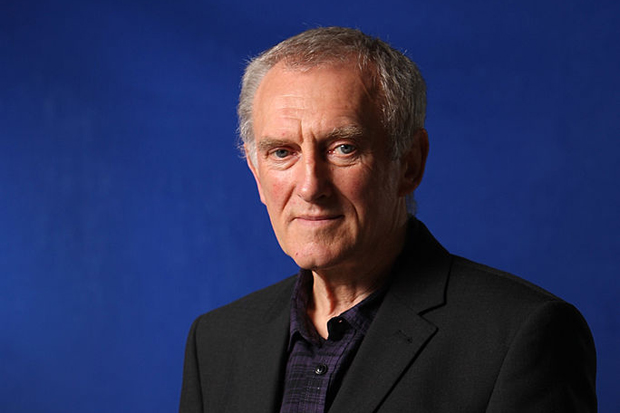
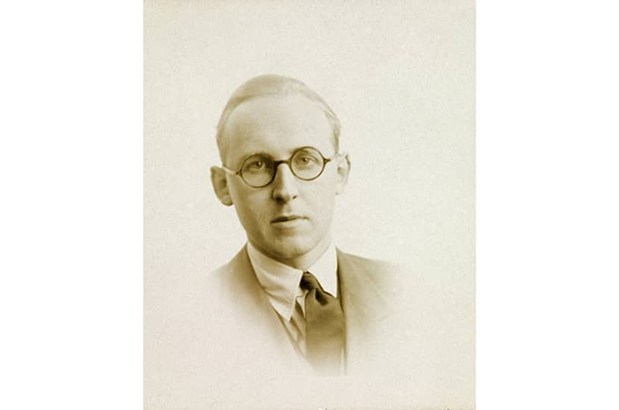
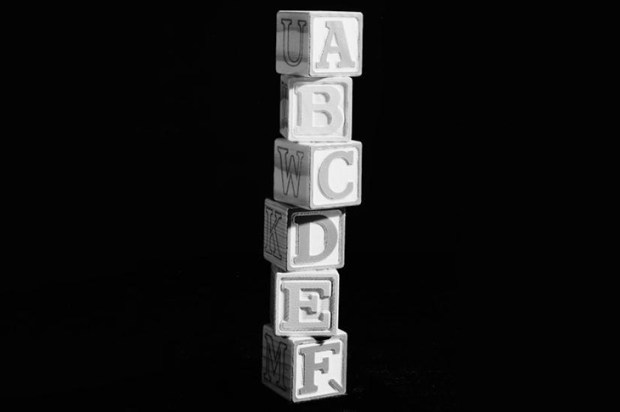

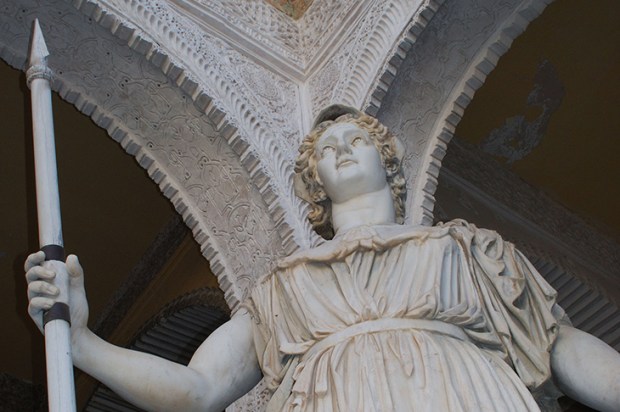

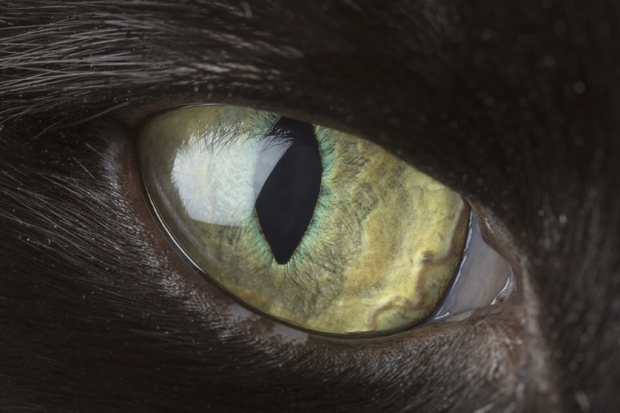






Comments
Don't miss out
Join the conversation with other Spectator Australia readers. Subscribe to leave a comment.
SUBSCRIBEAlready a subscriber? Log in